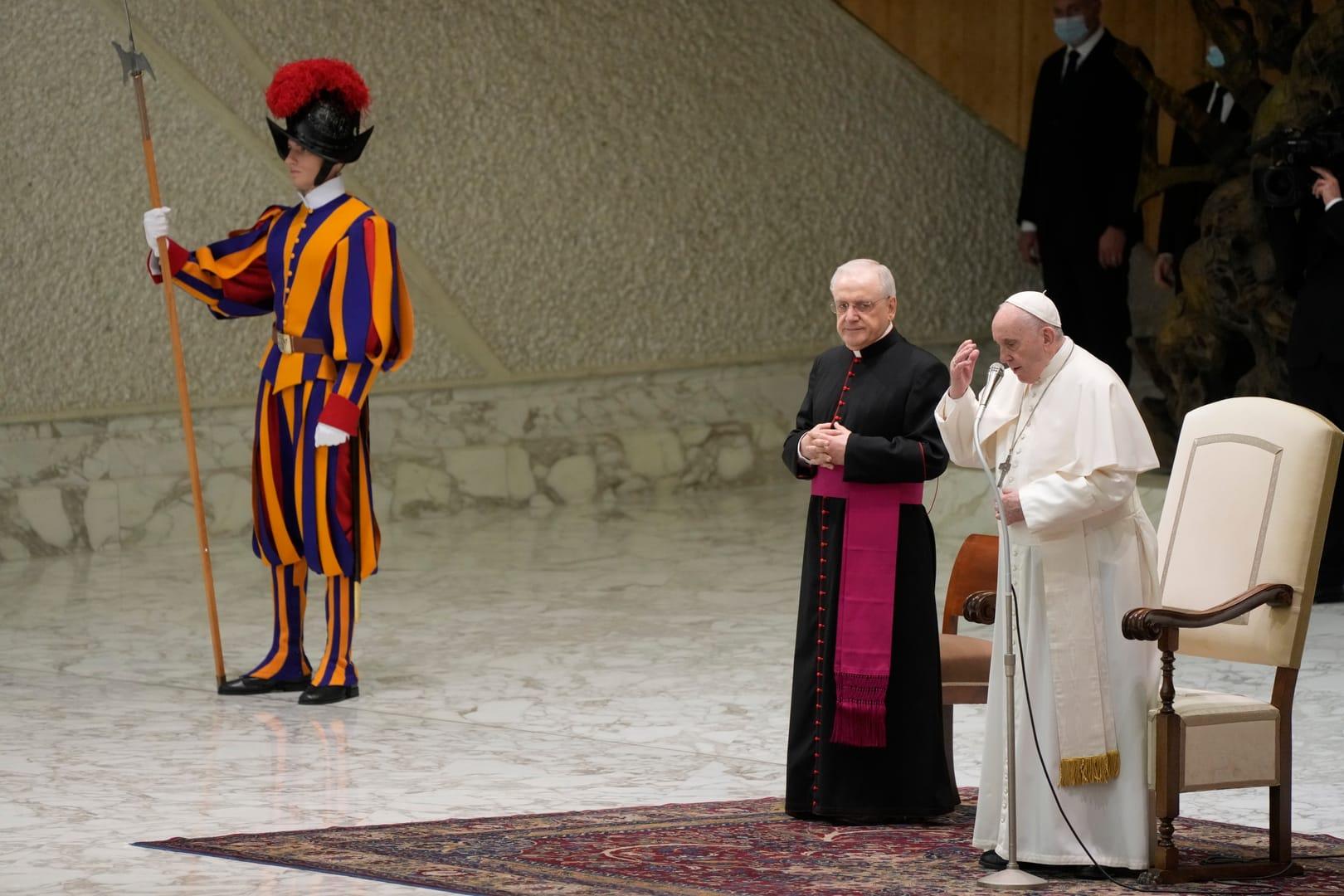ROME – Every leader has stretches he or she probably would like to forget. Mid-August, for instance, was one of those times for US President Joe Biden, as the chaos of the American withdrawal from Afghanistan sent his poll numbers into a death spiral from which he still hasn’t recovered.
For Pope Francis, though not quite on the same level of magnitude, this past week probably won’t go down as one of his most cherished moments either.
Consider:
- A hearing in the Vatican’s ongoing “trial of the century” suggested a previously unknown exchange between Francis and prosecutors in the case, throwing a Watergate-esque spotlight on what the pontiff knew about a failed $400 million London property deal when he knew it.
- Pietro Orlandi, the activist brother of a 13-year-old girl named Emanuela Orlandi who disappeared in 1983 and whose family lived on Vatican grounds, accused the Vatican of “betraying” the family in its quest for the truth, and charged that Pope Francis “more than anyone else” has refused to come clean.
- Father Julián Carrón, the broadly popular leader of the Communion and Liberation movement in the Catholic Church, resigned two years short of the end of his mandate, ostensibly to make way for new leadership. Many observers have speculated that Carrón stepped down under Vatican pressure, citing, among other things, a recent decision to put the Memores Domini community affiliated with Communion and Liberation under Vatican supervision.
- A self-described ex-gigolo named Francesco Mangiacapra made the rounds of Italian TV promoting his new book, in which he presents himself as a conservative gay man disowned by the “gay lobby.” Among other things, Mangiacapra claimed to have presented a dossier to the Vatican with the names of 50 priests among his former clientele with whom he’d had sexual relations, suggesting that Pope Francis and his aides have done nothing with the information.
- Traditionalist Catholics are once again upset with Francis and his team, in part for new rules from the Diocese of Rome barring the use of the older liturgical books during Holy Week, in part for comments from Francis’s top liturgical official suggesting that it’s time for everybody to get on board with the post-Vatican II Mass.
(To add insult to injury, the Vatican hosted a press conference this week with officials of the Lazio soccer club to promote a fundraising event for a papal charity – which probably had the effect of irritating half the city of Rome that cheers for Lazio’s bitter crosstown rival, Roma. It may help, though, that the newly elected Mayor of Rome, Roberto Gualtieri, had an hourlong audience with Pope Francis this week, since Gualtieri is also a well-known Roma fan.)
None of these developments, taken in isolation, is fatal for Pope Francis, or even particularly serious. The Orlandi and Mangiacapra stories are the sort of things that play big in scandal sheets for a couple days but then always seem to fade away. As for the traditionalists, it’s more or less baked into the cake that they’re going to be unhappy with this papacy, and there’s only so much Francis can do about it.
Still, the fact that these items are what’s dominated Vatican news in recent days, and not really anything initiated by Francis or his advisors, suggests a papacy struggling to get out of the way of its own story.
In all honesty, the Vatican’s lucky that there isn’t another item on that list, which arguably deserves to be much more prominent: The lack of any official explanation almost a month after the fact as to why Pope Francis skipped the Glasgow COP26 summit despite saying publicly he was going, and that only some health problem would prevent him from doing do.
Imagine that the President of the United States had announced he was planning to attend a major international summit, and that only some health issue would stop him. Then he doesn’t go, and the White House offers no explanation whatsoever as to why not. One imagines the White House press corps would be up in arms, and that it would be impossible for the administration to get any other message out until they answered the question.
There’s been no similar pressure on the Vatican beat, perhaps because Francis has kept up his regular public schedule and doesn’t seem impaired, and because the Vatican has announced he’s traveling to Greece and Cyprus early next month. In a sense, however, that simply makes the mystery deeper, because if it wasn’t health that prevented him from making the trip to Glasgow, then what was it?
The fact that this question hasn’t proved a distraction for the Vatican yet doesn’t mean it never will, especially if Francis is compelled to drop out of something else in the near future.
It’s ironic that one of the premier buzzwords of the Francis papacy is “transparency,” yet in most of the imbroglio cited above, it’s precisely a perceived lack of transparency that’s seemed to get the Vatican into hot water:
- What did the pope know about the London deal, and what was his role in it?
- What does Pope Francis actually know, if anything at all, about the Orlandi case?
- Why didn’t he go to Glasgow?
- What happened to Mangiacapra’s dossier?
Convincing answers to such questions might go a long way to getting things back on track.
Perhaps that’s one way for Pope Francis to make lemonade out of the lemons this past week has served up – to use these relatively minor setbacks to stimulate a new resolve around transparency, the idea being to head off more serious headaches down the line.
Follow John Allen on Twitter: @JohnLAllenJr














